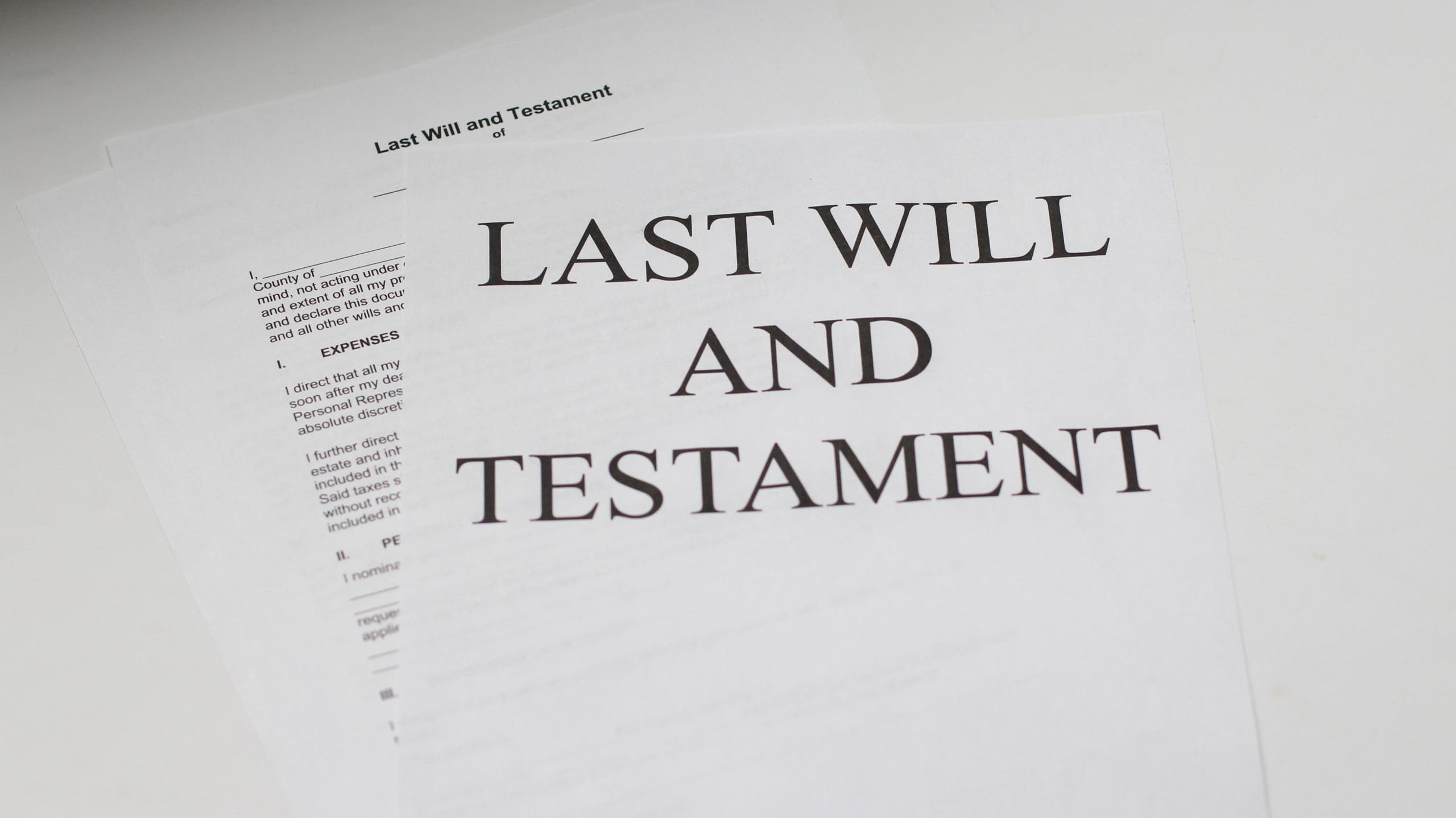
We all have loved ones that mean a lot to us; hence, we go all the way out to ensure that they are fine. But how do we ensure that they stay fine after we are long gone from this world? What measures are in place to give them the best support, even in our absence? One of the notable ways to show our family members that we care is by drawing up a will. No one loves to die soon, leaving behind their spouses, children, relatives, and friends. Nevertheless, life is unpredictable. For this reason, having a will is ideal for everyone.
The Definition Of A Will
A will is a legal document that helps the testator (creator of the will) allocate his estate based on his desires to appropriate beneficiaries. The will specifies what properties should be distributed and to whom. It also extends to child custody. A will is executed after the testator dies.
Why Should You Need A Will?
A will can be simple or complicated, depending on what position you find yourself in the family. There are so many factors involved in writing a will, some of which require expert knowledge in certain aspects of the law – an example being inheritance tax. Due to the intricacies that surround this legal document, many people dread writing it.
Writing a will can help you set things straight, regardless of your situation. You can decide who gets some parts of your estate and how much. Your will can protect your property and children from being taken by estranged relatives. You get to decide who watches over your children when you are dead. Heirs will not have a hard time accessing your estate.
It is a way to give to charity. In the absence of a family, you can give your property to those in need via your will.
What Do You Need To Write A Will?
Drawing up a will depends on the state you live in and its laws. Nevertheless, there are basic requirements that stay the same throughout each state.
- The creator of the will (testator) must be 18 years and above. Such a person must also have a sound mind.
- Wills must be in pre-printed or typewritten format. Pictures, photocopies, and PDF formats are not valid. Some states still permit handwritten wills (holographic wills).
- The testator must sign and date the document in the presence of witnesses.
- Your dependents can not serve as witnesses to the will.
- A “self-proving” affidavit is vital to validate the will.
These days, it is easy to draw up a UK last will and testament. All you need are details of your beneficiaries, guardians, executor, among others.
How Can You Validate Your Will?
You can make your will legal by signing it in the presence of two or three witnesses – depending on your state. Their signatures are needed on the original document as well. The witnesses do not need to view its content; they just need to see you sign it. To validate it further, such persons may have to sign a notarized affidavit ascertaining that they witnessed you sign the document.

Be the first to comment